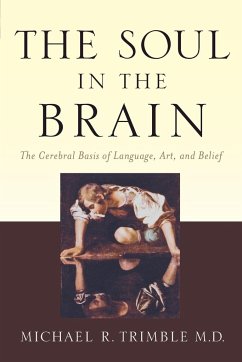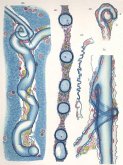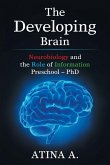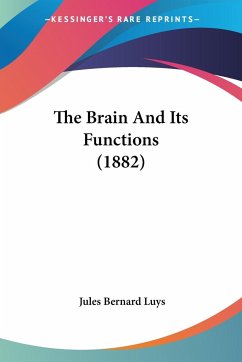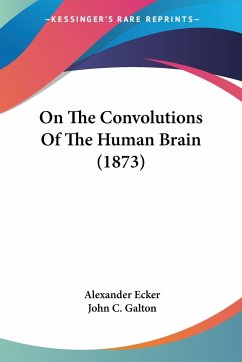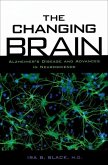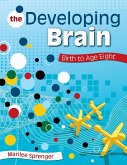In this provocative study, Michael R. Trimble, M.D., tackles the interrelationship between brain function, language, art-especially music and poetry-and religion. By examining the breakdown of language in several neuropsychiatric disorders, he identifies brain circuits that are involved with metaphor, poetry, music, and religious experiences. Drawing on this body of evidence, Trimble argues that religious experiences and beliefs are explicable biologically and relate to brain function, especially of the nondominant hemisphere. Inspired by the writings and reflections of his patients-many of whom have epilepsy, psychosis, or affective disorders-Trimble asks how the human species, so enamored of its own logic and critical facilities, has held from the dawn of civilization strong religious beliefs and a reverence for the arts. He explores topics such as the phenomena of hypergraphia and hyper-religiosity, how religious experiences and poetic expression are neurologically linked with our capacity to respond to music, and how neuropsychiatric disorders influence behaviors related to artistic expression and religiosity by disturbing brain function. With the sensitivity of a dedicated doctor and the curiosity of an accomplished scholar, Trimble offers an insightful analysis of how the study of people with paradigmatical neuropsychiatric conditions can be the cornerstone to unraveling some of the mysteries of the cerebral representations of our highest cultural experiences.
Hinweis: Dieser Artikel kann nur an eine deutsche Lieferadresse ausgeliefert werden.
Hinweis: Dieser Artikel kann nur an eine deutsche Lieferadresse ausgeliefert werden.

